When dusk settles in the destroyed forest buildings around them, Tareq Abu Ziad and his family break the Ramadan fast in the remnants of their homes.
The city of Ariha in northern Syria looks like the scene of a monster earthquake. There was a gray sea of calm stone blocks and broken iron bars.
Abu Ziad had to clean up a little debris on the roof of his house that had collapsed to earth to put three foam mattresses. His wife and children sit there when they eat together.
“Now my family and I are on the brink of collapse,” said the father of three 29-year-old children.
Also Read: Leila Khaled, The Icon of Palestinian Women’s Resistance
“We relive memories that are very difficult and painful. I pray that God does not let others experience this. ”
He and his family escaped from Ariha late last year, when Syrian government forces backed by Russian airstrikes launched attacks on the city which was then controlled by armed groups and rebels.
Within a few weeks, around one million civilians went to escape from attacks in the wider Idlib region. Idlib is the last bastion of opposition to President Bashar al-Assad’s government after nine years of war.
The entire population of Ariha headed north because most cities were razed to the ground.
Also Read: At Least 7,000 Muslims Perform Friday Prayers at Al-Aqsa Mosque, Palestine
However, when a ceasefire was held, some of the poorest chose to return and search for cheap accommodations amid the rubble.
Abu Ziad in between. He returned last month and found a place to live.
But he wants to break his fast at least once in his former home first.
“Every year we used to spend Ramadan here and we want to spend a day of Ramadan here,” he said.
Also Read: Hala Al-Qadi, The First Palestinian Female Athlete to Win Asian Games Medal
Around them and as far as the eye could see, there was not a single human, only a row of destroyed houses destroyed a scary and scary etching of the sky at dusk.
The kitchen of the house was long gone, but Abu Ziad’s mother said they were still coming.
“We bring fast food from outside,” he explained.
“The most important thing is we relive our memories and eat at our home.” (AT/RE1)
Also Read: Israel Approves New Illegal Settlement Plan in East Jerusalem
Source: The New Arab






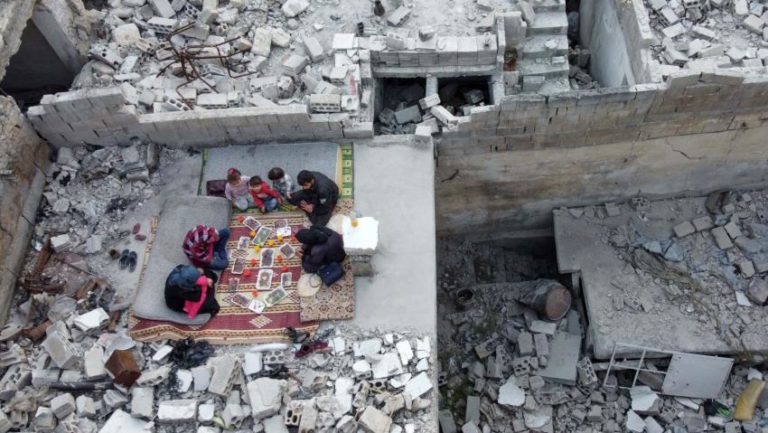



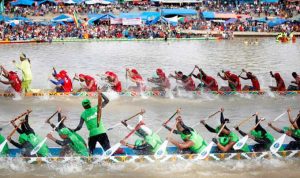
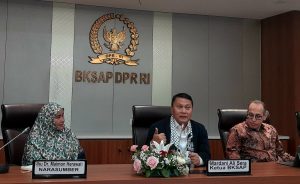

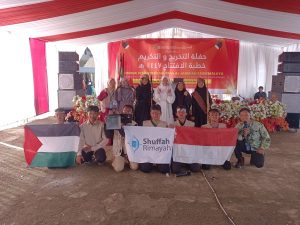

![Activists drop a banner from Westminster Bridge, calling on Labor leader Keir Starmer to say he'll end arms sales to Israel if he becomes prime minister, on 3 June 2024, in London, Uk [Luca Marino]](https://en.minanews.net/wp-content/uploads/2024/08/IMG_20240825_103542-300x190.jpg)
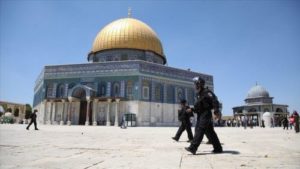
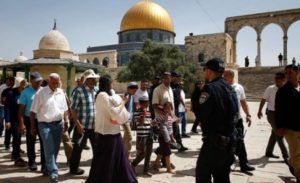

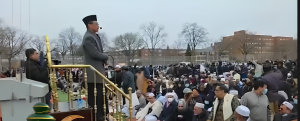
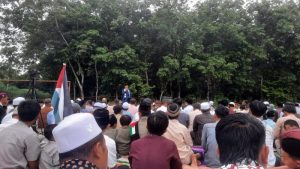
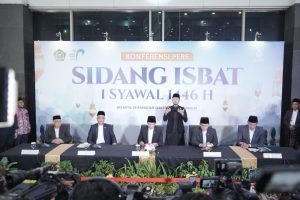




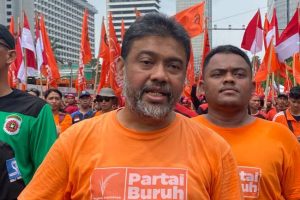
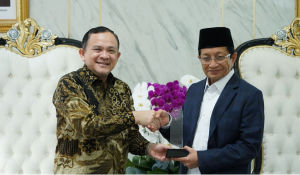
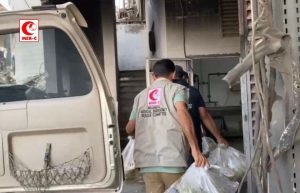
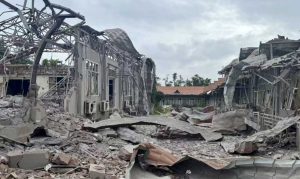


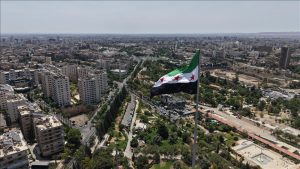




 Mina Indonesia
Mina Indonesia Mina Arabic
Mina Arabic